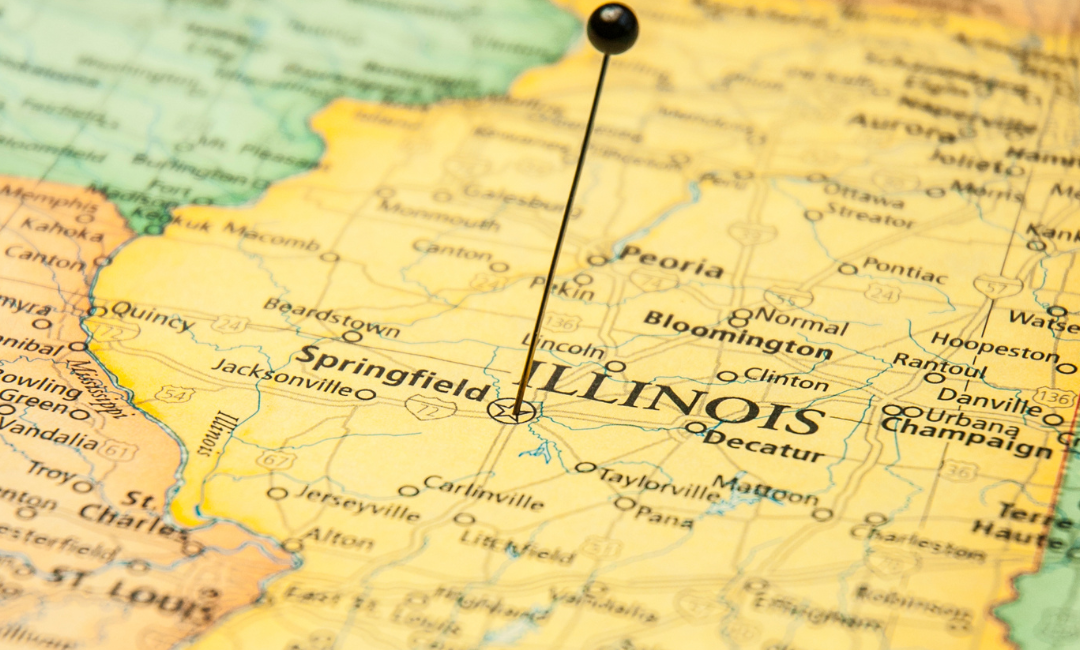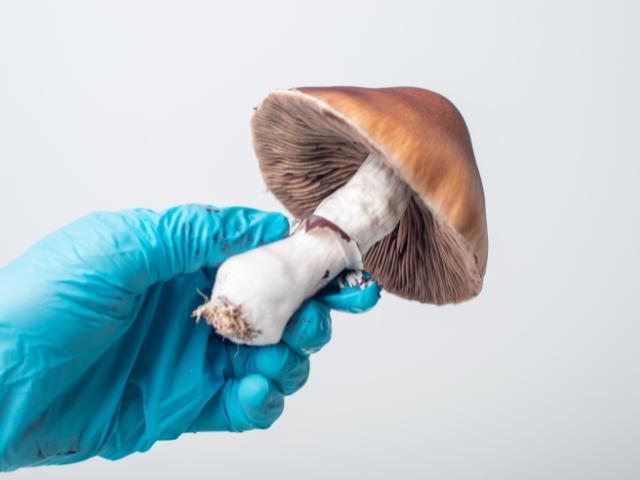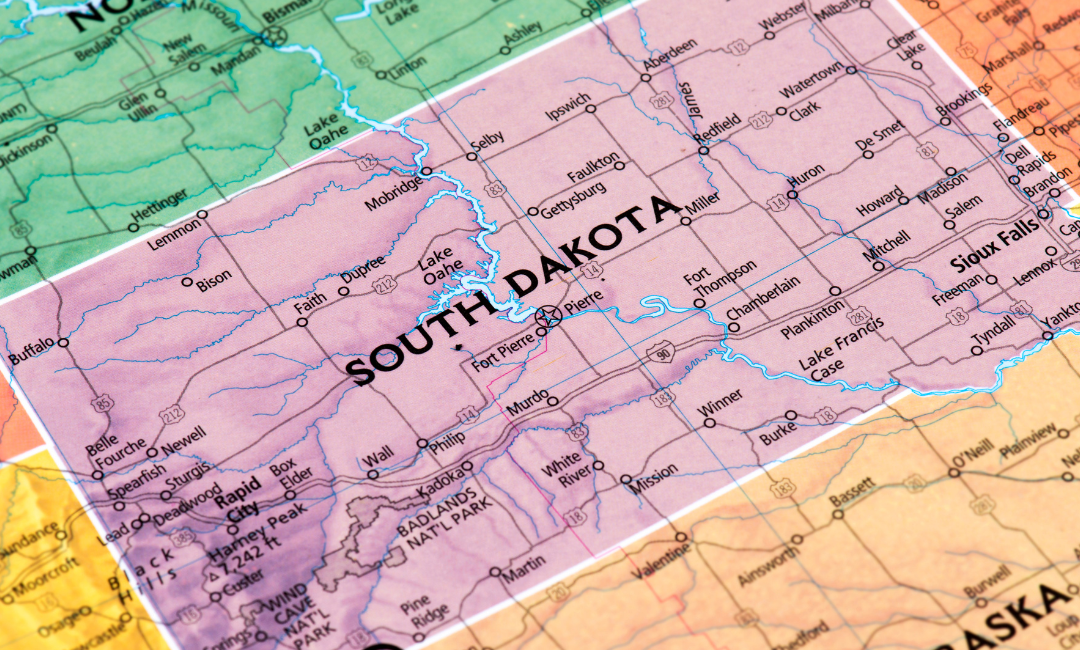Tell Me More About Psychedelic Therapy
Psychedelic therapy — the use of psychedelic drugs like ketamine or MDMA to treat mental health diagnoses — has gained both traction and notoriety in recent years. This is despite most psychedelic compounds being labeled as Schedule 1 drugs since the 1970s.
As recently as last August, the FDA rejected the use of MDMA for “assisted psychotherapy for PTSD, citing insufficient evidence and the need for more research,” according to an APA report. Other Schedule 1 drugs are in various stages of clinical trials.
Interest in the drugs to treat mental health conditions dates back to the early 20th century. LSD had been used “as an adjunct to psychotherapy” in treating anxiety, depression, and alcohol use disorder until the Controlled Substances Act was implemented. But renewed interest began in the mid-1990s.
An August 2023 editorial in JAMA Network called for an “investment of time and resources” related to the use of psychedelic therapy as part of mental health care, though noted this will likely occur through clinical trials rather than the general public.
“However, if the gains are strong and enduring and patients report symptom reduction and existential and spiritual transformation, the investment may be warranted,” the authors wrote. “Meanwhile, clinicians should be knowledgeable about these new treatments as public interest and the empirical base grow.”
That public interest garnered national media attention later in 2023 with the death of actor Matthew Perry. Five people, including two doctors, were charged in his death — the cause of which was determined to be a ketamine overdose.
Perry, who spoke publicly about his drug addiction, was introduced to ketamine as a therapeutic tool at a Switzerland rehab facility and eventually “grew addicted to it,” obtaining it from “illicit sources,” according to a New York Times report.
Nursing program respondents to the NORC Survey on Psychedelic Therapy Curricula in Academia were “significantly more likely” than their counseling/social work counterparts to believe the practice is unsafe. Attitudes “are not overwhelmingly negative” toward psychedelic therapy as a whole.
A 2022 review of the “adverse effects of psychedelics” found that risks “are often minimal, and that many – albeit not all – of the persistent negative perceptions of psychological risks are unsupported by the currently available scientific evidence, with the majority of reported adverse effects not being observed in a regulated and/or medical context.”









